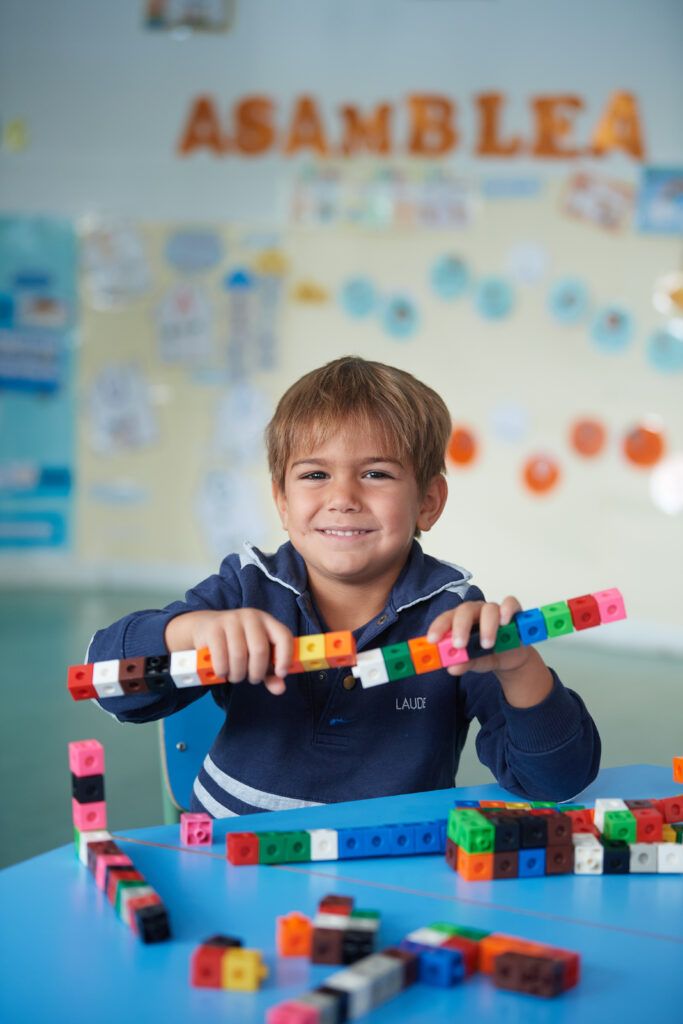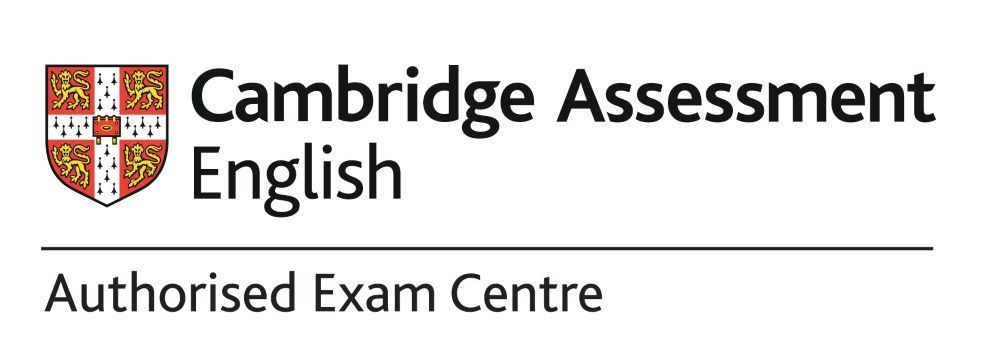HOW TO PROMOTE RESPONSIBILITY IN OUR CHILDREN?
Last term, in the talk dedicated to families, we were dealing with the issue of autonomy and responsibility in early childhood education.
We are talking about a great iceberg where the word responsibility would appear at the tip of that block of ice but at the base we will find words such as: parenting style, autonomy habits, self-esteem, way of being, age of the child, emotional management, experiences own, etc.
“Responsibility” comes from the word “respond” and this term has to do with assuming the obligations of age and situation, fulfilling the commitments assumed and understanding the consequences of one’s actions. Children must learn to accept the consequences of what they do, think or decide. No one is born responsible. Responsibility is acquired by imitation of the adult and by social approval, which serves as reinforcement. The child feels satisfaction when he acts responsibly and receives social approval, which in turn favors his self-esteem.
Educating in responsibility is not an easy task. It is achieved only through the daily effort of the family and educators, but the reward is great: educating responsible adults.
WHAT ARE IRRESPONSIBLE CHILDREN LIKE?
In the same way, in said talk, we talked about “irresponsible” children and the consequences that this could have in the medium-long term: comfortable, selfish, they blame others, with a low tolerance for frustration, little ability to postpone the reward, little ability to adapt.
This is why, to prevent children from ending up being irresponsible, we must ask ourselves three questions:
- Whose task is it… him/her or me?
- Can you do it alone?
- Is it an exception that helps you or a generality?
Because… if it’s up to him/her, he/she can do it alone and I always help him/her… I’m raising an irresponsible child.
INADEQUATE ATTITUDES OF FAMILIES
It is not easy to know what can be demanded of a child or to what extent he is capable of acting responsibly and appropriate to his age, but it is convenient to take into account that certain attitudes can be counterproductive when educating in responsibility.
- The overprotection. Unintentionally, the child is receiving the message “I help you because you are unable to do it alone.” This can end up affecting your self-esteem.
- Little dedication to the child, usually with the excuse of lack of time.
- Don’t lead by example. It is incoherent to ask children, for example, to have their belongings in order if I don’t have them.
- Being overly permissive. Being permissive brings with it the lack of routines that make children become lazy and unaware of their responsibilities.
- The lack of confidence. If you constantly check if the child has done the tasks that correspond to them, the child will feel insecure of their ability and end up behaving as a little autonomous child.
WHAT RESPONSIBILITIES SHOULD WE DEMAND FROM YOU AT HOME AND AWAY FROM HOME?
Each child has their own evolutionary process that we must respect and accompany. Therefore, taking into account the different stages of its development, we can point out the following levels of capacity:
3 to 5 years
At home:
- Habits of autonomy (dress, food…).
- Demand some obligations and collaboration tasks at home.
- Teach him to make small decisions.
- Respect the timetables.
- Be careful with things at home and with your belongings.
- Respect the cleanliness of the house.
- Respect the privacy and belongings of others.
At school and outside:
- Be careful with school things.
- Respect and obey the teachers.
- Treat colleagues appropriately.
- Respect the rules of the school.
- Do not throw things on the ground in the street.
- Respect certain spaces, such as gardens.
- Respect the things of the shops.
from 6 to 12 years old
At home:
- Order your own clothes and room.
- Manage your money.
- The study at home.
- Taking care of pets, cleaning the house, taking care of their siblings…
At school and outside:
- Running small errands in the neighborhood (pharmacy, post office, bakery, ..).
- Behave appropriately in public places, cross the street using the appropriate steps and be wary of strangers.
- Prepare everything you need for the next day and be proactive in replenishing the school supplies or whatever you will need before they run out.
- Resolve everyday conflicts with peers.
GUIDELINES TO PROMOTE AUTONOMY AND RESPONSIBILITY
One of the main objectives that we must consider is that children reach progressive maturity and responsibility. Educating with this approach will avoid situations of dependency, social immaturity and insecurity.
We often hear from fathers and mothers: “I want my child to be happy”, thinking that this is achieved by avoiding the difficulties they encounter, anticipating their wishes, giving them whatever they ask for or giving in to any resistance or setback. Precisely, these actions, although at the moment they mean satisfaction for the child, in the medium and long term they will be obstacles that will grow like a snowball and that will prevent or hinder the process of acquiring responsibility.
Releasing children from difficulties, doing things that they should do because of their age is a sure way to make them less strong (emotionally speaking), indecisive and, ultimately, slow down their process of personal growth.
Some guidelines that could help when educating responsible children would be:
- Family structure (rules and limits): they know what to do, when to do it and how to do it. Without improvising or varying. There may be exceptions. (Eg. If a house rule is that you don’t see screens during the week, you will avoid daily discussions).
- Validate the emotions that may arise. Encourage children to express how they are feeling about a certain task, although this does not mean that they stop doing it, it may be negotiable how to do it or when to do it.
- Playful discipline (author: Amaya de Miguel): trying to turn the moments of carrying out their obligations into moments of connection with the children (eg tidying up with music, telling stories while setting the table…).
- Be an example. As A. Einstein said, «educating by example is not a way of educating, it is the only one». Children learn by imitation and the first to copy their actions and attitudes are the relatives around them.
- Be present in tasks that require effort. That they feel accompanied while they do their tasks can help them to do them with more enthusiasm.
- If he still doesn’t do it… apply consequences. Let him assume the consequences of his mistakes. That is also an opportunity to learn and improve. If he is able to repair his mistakes, he will train his responsibility and it is possible that, in addition, he will be able to anticipate certain consequences of his behavior in future situations.
Educating in autonomy and responsibility implies a lot of time, patience, trust in them, flexibility and allowing them to make mistakes.
Beatriz Escrivá
Orientation Department.













![BAPParentLogo[5]](https://fontenebroschool.com/wp-content/uploads/2020/09/BAPParentLogo5.png)


